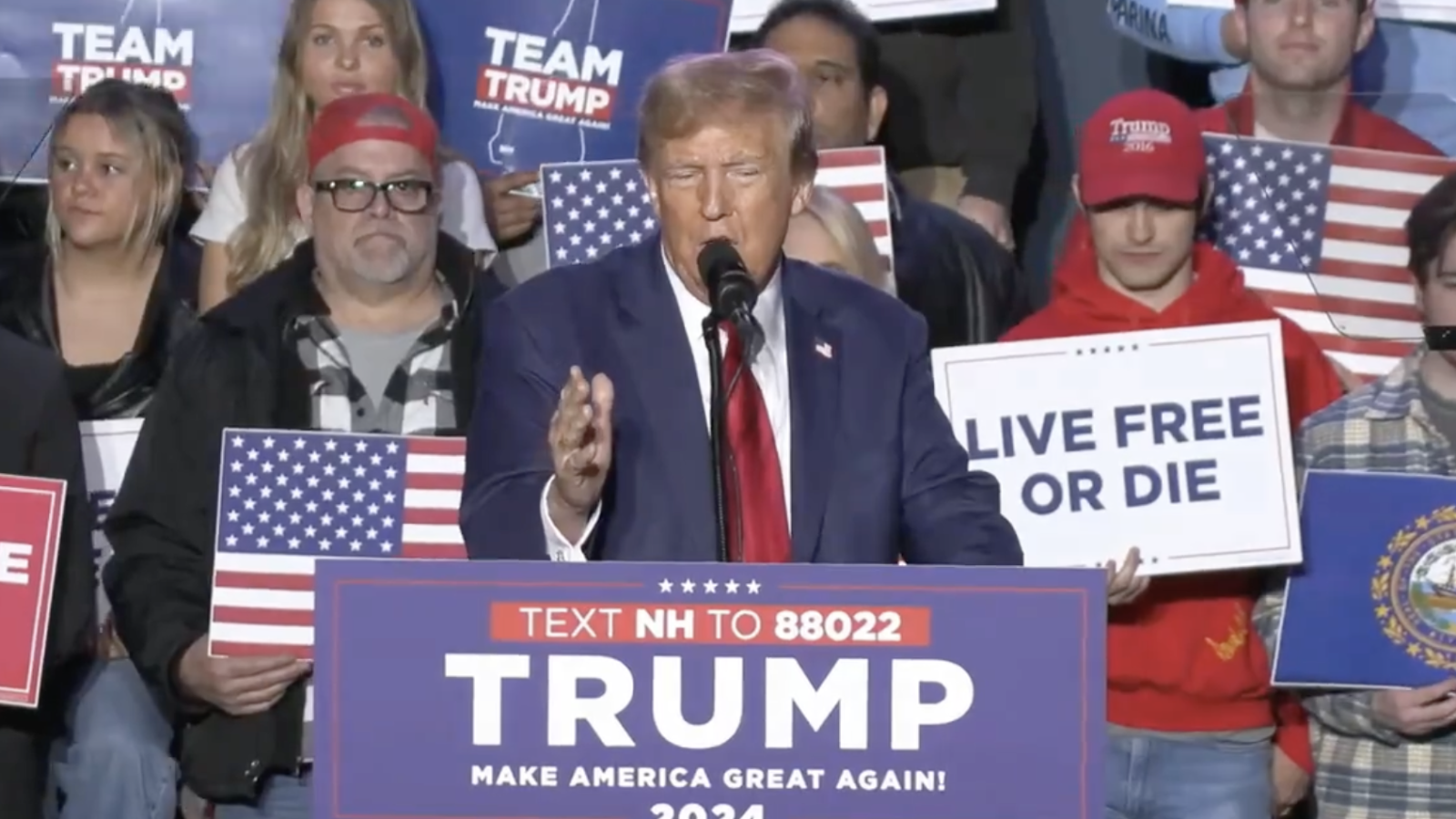Just about everyone reading this disagrees with the decision in the Trump immunity ruling.
How can a man be tried as a private citizen for an incident that occurred while he was president? Moreover, how could he be impeached while he was not President?
It seems like there are two very different sets of rules in DC, one for President Trump and one for everyone else.
However, despite the clear double standard and the travesty of justice that is unfolding before us, there is a silver lining.
According to Constitutional attorney Jonathan Turley, the removal of President Trump’s Presidential immunity by the court will trigger a series of motions and counter-motions.
All of these motions taken together will delay the ‘election subversion’ case until Summer at the earliest—this is if everything goes smoothly and there are no more unforeseen delays. Turley went into detail in this lengthy thread:
…Notably, the panel rejected the claim of many critics that there should be no appellate review. However, it categorically rejects the claim of Trump that he is entitled to immunity as a private citizen…
— Jonathan Turley (@JonathanTurley) February 6, 2024
…Crunching the numbers, Trump can seek corrections in the short term but, even without a correction to the opinion, he has 45 days to seek an en banc where the government is a party. He then has 90 days after the rejected of any en banc decision. …
— Jonathan Turley (@JonathanTurley) February 6, 2024
The Epoch Times supported Turley’s claims:
Former President Donald Trump’s federal election trial may be on hold for months, the federal judge overseeing the case has indicated.
“I hope not to be in the country on Aug. 5,” U.S. District Court Judge Tanya Chutkan said during a separate criminal case conference.
Turley went on: “That is without delays or a successful grant on by the D.C. Circuit (unlikely) or the Supreme Court (uncertain).
After that appellate line is tied off, the parties would have to return to the trial court to resume the pre-trial work, which could take months.
That puts the trial very close to the election and would raise obvious concerns given the long-standing DOJ policy to avoid trials with a few months of an election.”
…That is without delays or a successful grant on by the D.C. Circuit (unlikely) or the Supreme Court (uncertain). After that appellate line is tied off, the parties would have to return to the trial court to resume the pre-trial work, which could take months. That puts the…
— Jonathan Turley (@JonathanTurley) February 6, 2024
Turley concluded: “Notably, in a footnote at the end of the decision, the panel declines look at the merits of the threshold challenge that “the appointment of Special Counsel Smith is invalid because (1) no statute authorizes the position Smith occupies and (2) the Special Counsel is a principal officer who must be nominated by the President and confirmed by the Senate.”
…Notably, in a footnote at the end of the decision, the panel declines look at the merits of the threshold challenge that "the appointment of Special Counsel Smith is invalid because (1) no statute authorizes the position Smith occupies and (2) the Special Counsel is a…
— Jonathan Turley (@JonathanTurley) February 6, 2024
Politico previously reported:
Even if those courts ultimately reject Trump’s immunity arguments — an outcome that most legal experts expect — the protracted delays help the former president, whose strategy across his various trials has been to drag them out for as long as possible.
Lengthy delays in his federal criminal cases create the possibility that, if he wins the presidency this November, Trump could avoid the charges altogether by having the Justice Department end the prosecutions or perhaps even by pardoning himself.



Join the conversation!
Please share your thoughts about this article below. We value your opinions, and would love to see you add to the discussion!